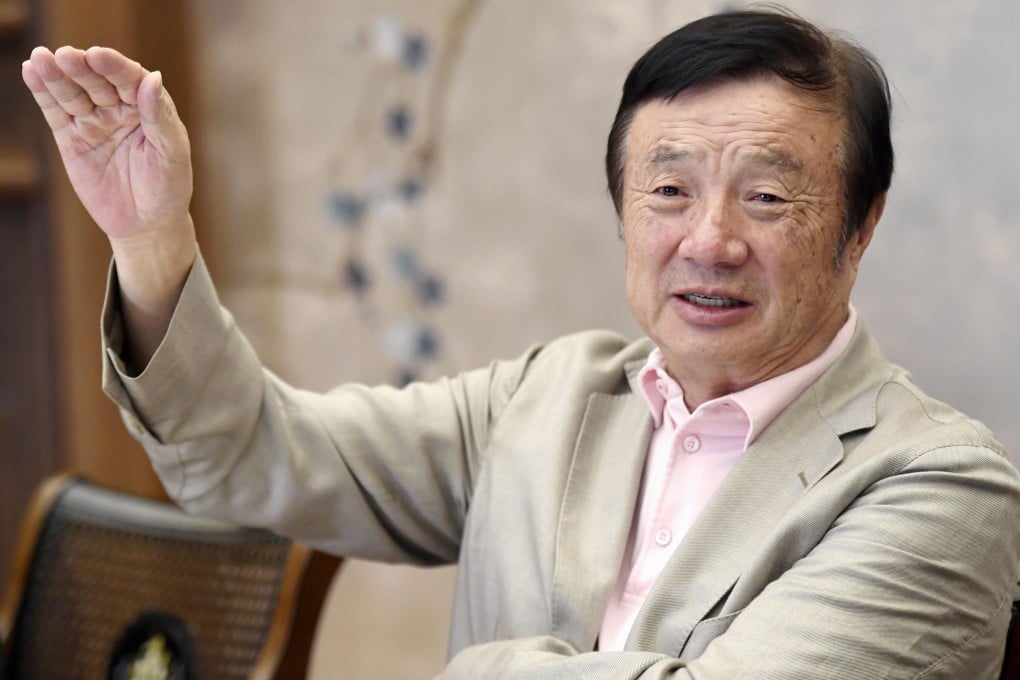Huawei founder calls on Europe, Japan to step up development of alternative tech amid US blacklist
- The US trade ban restricts the Chinese telecoms equipment giant from buying vital American hi-tech components

Ren Zhengfei, founder and chief executive of Huawei Technologies, is looking to hi-tech suppliers in Europe and Japan for support, as the Chinese telecommunications equipment maker nears its sixth month on the US government’s trade blacklist.
“It remains a question mark for Chinese companies [to create alternatives to core technologies from the US] because of their relatively low-end skills,” Ren said on Wednesday at a panel discussion hosted by Huawei at its headquarters in Shenzhen.
That was not an issue for hi-tech companies in Japan and Europe, especially Germany, according to Ren, without elaborating on the identity of these firms. “So why shouldn’t they seize the opportunity to grow and develop [these alternative technologies]?”
The privately-held company recorded revenue of 209.5 billion yuan (US$29.9 billion) in the quarter ended September, up 26.7 per cent from a year earlier. It has secured more than 60 commercial 5G mobile network supply contracts to lead the industry, as it started to build 5G base stations without US components from September.
Its global smartphone shipments rose 29 per cent in the third quarter to 66.8 million units, behind Samsung Electronics’ 78.9 million units, according to research firm Canalys.